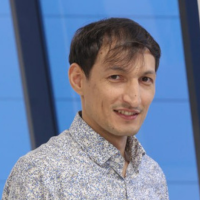
Zakirov Bekzod
Director of Center for Policy Research and Outreach
Dr. Bekzod Zakirov is the Director of the Center for Policy Research and Outreach (CPRO) at Westminster International University in Tashkent. He holds a Ph.D. in Public Policy from the University of Tokyo, where he specialized in political economy of economic decision making in Russia and China. With a robust academic background that includes a Master’s degree in Law from Nagoya University and dual Bachelor’s degrees in Law and Business Administration from both Nagoya University and the National University of Uzbekistan, Dr. Zakirov brings extensive expertise in Central Asian policy, governance, and sustainable development. His research focuses on bridging academia, industry, and government to drive impactful policy changes in Uzbekistan and the broader Central Asian region.
email: be.zakirov@wiut.uz
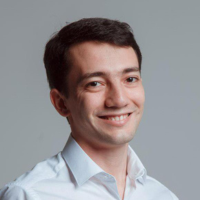
Akhtem Useinov
Research fellow, Human capital and decent work
Akhtem Useinov is a seasoned research professional with extensive experience in managing and supporting research initiatives at Westminster International University in Tashkent (WIUT). Holding an MSc in Applied Economics and a B.Sc. in Economics with Finance from WIUT, Akhtem has developed a strong foundation in economic analysis and research methodologies. At CPRO Akhtem has involved in research projects on agricultural value-chains, rural development, human capital and reform of higher education.
email: a.useinov@wiut.uz
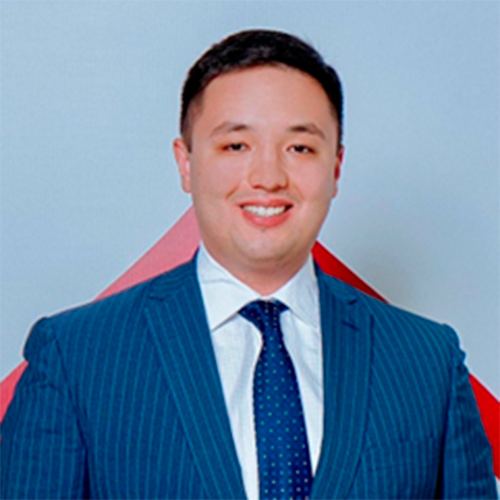
Kamoliddin Islam
Research Fellow, Public Law and Governance
Kamoliddin Islam is a Research Fellow in Public Law and Governance at the Center for Policy Research and Outreach. He holds an MSc in Research Methods with distinction from the Westminster International University in Tashkent and a Bachelor of Laws in Jurisprudence from the University of World Economy and Diplomacy. His research interests focus on the rule of law, legislative drafting, administrative justice, and public policy analysis. At CPRO, he leads research initiatives on public administration, administrative justice, anti-corruption policy, and local governance. He produces policy briefs and internationally indexed articles that address emerging governance challenges. Kamoliddin brings extensive experience from government, the private sector, and international organizations, strengthening CPRO’s efforts to advance policy reform.
email: kislam@wiut.uz
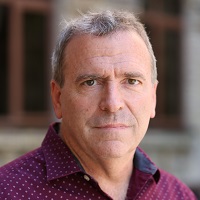
Peter G. Malvicini
PhD, DSc, UNESCO Chair
Anticipatory Governance & Sustainable Policymaking
He is known for helping faculty and students fine-tune their research design and methodology. He examined and recommended governance, capacity systems, and M&E in over twenty countries. Pete’s publications appear in international journals, book chapters, and agency reports. A pioneer in open systems-driven facilitation, he is a frequent consultant to the Asian Development Bank, the World Bank, UN agencies, USAID, and CGIAR centers, and is sought after for large group strategic planning. Pete is a Fulbright Scholar and W.K. Kellogg Fellow, earning his PhD from the College of Agriculture & Life Sciences at Cornell University, but has lived and worked in Asia since 1994. As founder of CPRO, Pete loves talking new research methods and discovering novel ways to tackle complex problems.
email: pmalvicini@wiut.uz
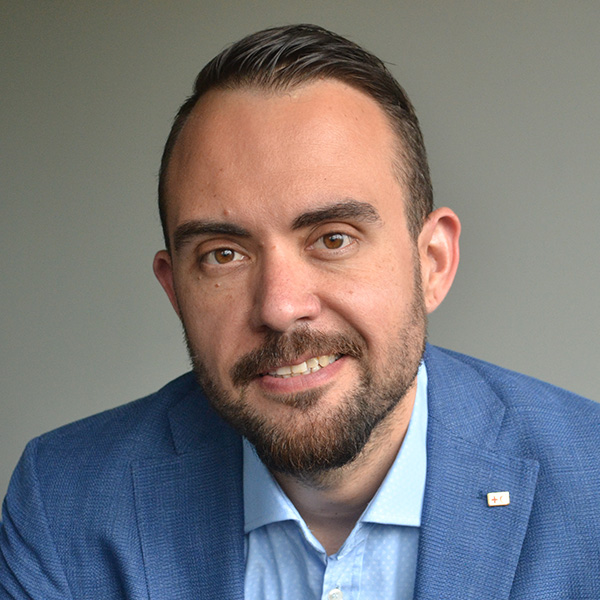
John A. Sweeney
PhD, Senior Research Fellow
UNESCO Chair in Anticipatory Governance and Sustainable Policymaking
John is an award-winning futurist whose experience spans 45 countries on five continents over the past decade. He has worked with numerous universities, international development and humanitarian aid agencies, nonprofit foundations, Fortune 500 companies, and educational and cultural organizations, such as Asia Development Bank, NESTA, INTERPOL, The Joint Research Centre of the European Commission, the International Federation of Red Cross and Red Crescent Societies, and numerous UN agencies. John completed a PhD focused on Alternative Futures under the direction of Dr. Jim Dator at the University of Hawaii at Mānoa. He is a member of the World Futures Studies Federation and the Association of Professional Futurists. John currently serves as the Co-Editor of World Futures Review: A Journal of Strategic Foresight.
email: jsweeney@wiut.uz
ADVISORY BOARD
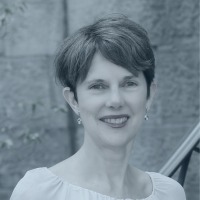
Kathryn Anderson
Professor of Economics,
Director of the Graduate Program in Economic Development at Vanderbilt University,
Nashville, Tennessee
Professor Anderson is a labor economist whose research explores the consequences of the economic transition on households in Central Asia. Her research examined changes in living standards and poverty, education, health, and employment from 1993 to the present. Some of this research was published in 2003 in a book (with R. Pomfret) entitled Consequences of Creating a Market Economy: Evidence from Household Surveys in Central Asia. Her most recent research examines gender gaps in employment and wages following the 2010 Revolution and the impact of the large out-migration on the human capital development of children. Professor Anderson is a research associate for: the Institute for the Study of Labor in Bonn, Germany (IZA); CASE, Warsaw, Poland; and the Institute for Policy and Public Administration, University of Central Asia, Bishkek, Kyrgyzstan. She received her Ph.D. in economics with a minor in statistics from North Carolina State University and was a postdoctoral fellow at the Economic Growth Center, Yale.
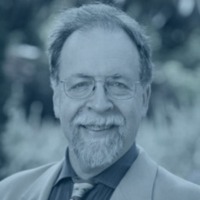
Charles Maxwell Becker
Research Professor of Economics,
Duke University, Durham, North Carolina
He is affiliated with the Duke Sanford Center for International Development. On-going projects involve poverty in developing countries. Professor Becker joined the Duke faculty in 2003. He previously taught at the University of Colorado-Denver, Vanderbilt, and University of Colorado-Boulder. In 2007, Dr. Becker was recognized as a lifetime member of the American Economic Association for service to the profession. Dr Becker served as Team Leader for the Asian Development Bank’s pension reform technical assistance program to the Kyrgyz Republic in 1998-99, was a pension reform advisor in various capacities to the Government of Kazakhstan 2000-06, and Chair of the International Academic Board of the Kyiv School of Economics 2012-15. His interests include exploring the economies of such countries as Kazakhstan, India, sub-Saharan Africa, Russia, and Kyrgyzstan. His research has focused on economic demography, pension and social security system forecasting in Central Asia, mortality and disability risk, determinants of health care utilization, gender issues in Central Asia, and urban economics. Prof. Becker earned his PhD from Princeton University and his Bachelor’s degree from Grinnell College.
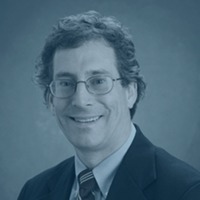
Paul E. McNamara
Associate Professor of Agricultural Economics,
University of Illinois at Urbana-Champaign
Paul is passionate about agriculture and is committed to substantively improving the lives of smallholder farmers in the poorest countries of the world. Paul brings over 20 years of impressive international development experience to his role as Founder of AgReach, where he oversees a $22 million portfolio of international development activities. Paul is known and respected in his field among peers, partners and the donor community. His work ties policy-relevant questions to improved practice. His research spans areas of rural development, nutrition and health, and extension and is published in leading journals. He also conducts economic evaluation, considering the impact of development. Under Paul’s leadership, AgReach’s work spans 4 continents and reaches over 50 countries. With a background in international economics, agriculture and nutrition, Paul takes a broad perspective on what leads to effective food security and poverty alleviation. Paul earned his Ph.D. from the University of Minnesota; a Master’s degree in Public Policy from the John F. Kennedy School of Government, Harvard University; and a Bachelor of Arts from Wheaton College in Illinois.

Andrew Linn
Pro Vice-Chancellor
Head of the College of Liberal Arts and Sciences,
University of Westminster, London, UK
Professor Linns’ research interests include language policy-making and planning, and the history of Linguistics. Andrew Linn jointed University of Westminster in 2016. Previously he taught the History of Linguistics from 2003 and successively Head of English Language and Linguistics and Director of Research and Innovation for the Arts and Humanities at the University of Sheffield. His latest research works are including a project on the changing status of English across Europe funded by the Leverhulme Trust, a project exploring mass migration from Norway to America in the 19th century using virtual world technology funded by the Arts and Humanities Research Council, and biographies of leading 19th-century linguists funded by the Leverhulme Trust and the British Academy.
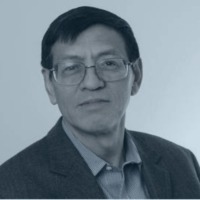
Shenggen Fan
Professor at China Agricultural University,
Former Director General (2009 - 2019) of the
International Food Policy Research Institute
Shenggen is passionate about food system and transition economies and rural development in China. His research has focused on analysis of the role of public and private investments in agriculture and public infrastructure in the fight against chronic poverty and hunger. In addition to his work on his home country, he has also worked extensively in other Asian countries, and East Africa.
Shenggen received his PhD at University of Minnesota. His research was the first to separately measure the effects of the green revolution promoted by international agricultural research, technological change, and institutional changes in China, on the productivity of the Chinese agricultural system.
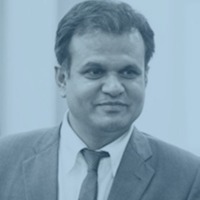
Siddharth [Montu] Saxena
Chairperson of the Cambridge Central Asia Forum,
Director of Cambridge Kazakhstan Centre and
Honorary Secretary of the Committee
for Central and Inner Asia
He has been involved in field-based research in Central Asia since 1996 with particular focus on Bukhara in Uzbekistan and the Ferghana Valley (which is shared by the Uzbeks, Kyrgyz and the Tajiks). Since 2002 he has also been working in Almaty and Astana in Kazakhstan, Kashgar in China as well some areas of Afghanistan. In the past, he has spent extended periods in Iran and Egypt for fieldwork.
Current key projects he is focusing on include a study of notions of Eastern Cosmopolitanism in Bukhara and development of the concept of ‘projected commonality’ along with an ethnographic study of Challa, the ‘Muslim Jews’, of Central Asia.

